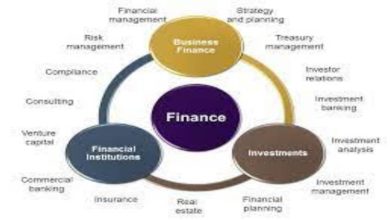China’s Economic Miracle: A Triumph of State-Led Capitalism – Kavan Choksi

China’s remarkable economic transformation over the past few decades has left the world in awe. From being a largely agrarian society, the country has catapulted itself into the ranks of global economic giants. At the heart of this transformation lies a unique model of economic development: state-led capitalism. Lets have a look at what Kavan Choksi has to say.
China’s approach to economic growth differs significantly from the Western capitalist model. While the free market and private enterprise remain vital components, the Chinese government exerts substantial control over key industries, strategic planning, and resource allocation. This approach has allowed China to strike a delicate balance between state control and market forces, resulting in impressive growth rates and improved living standards for hundreds of millions of people.
One of the cornerstones of China’s state-led capitalism is its strategic focus on key sectors. The government identifies industries critical to the nation’s development and invests heavily in them. The “Made in China 2025” initiative, for instance, aims to turn China into a global leader in advanced manufacturing, robotics, and high-tech industries. By directing resources toward specific sectors, China aims to reduce its reliance on foreign technology and enhance its economic resilience.
Additionally, China’s unique approach involves a strong emphasis on long-term planning. The government outlines comprehensive Five-Year Plans that guide economic policies and priorities. This forward-thinking strategy allows China to address challenges, capitalize on emerging trends, and ensure sustainable growth.
Critics argue that China’s state-led capitalism can lead to inefficiencies, lack of innovation, and potential misuse of resources. However, proponents contend that this approach has been instrumental in lifting millions out of poverty, providing social stability, and fostering a sense of national purpose.
As China’s economy evolves, it will be fascinating to observe how the country continues to navigate the balance between state control and market forces. The success of this approach could have far-reaching implications for the global economic landscape, challenging conventional notions of capitalism and offering an alternative path to development.





